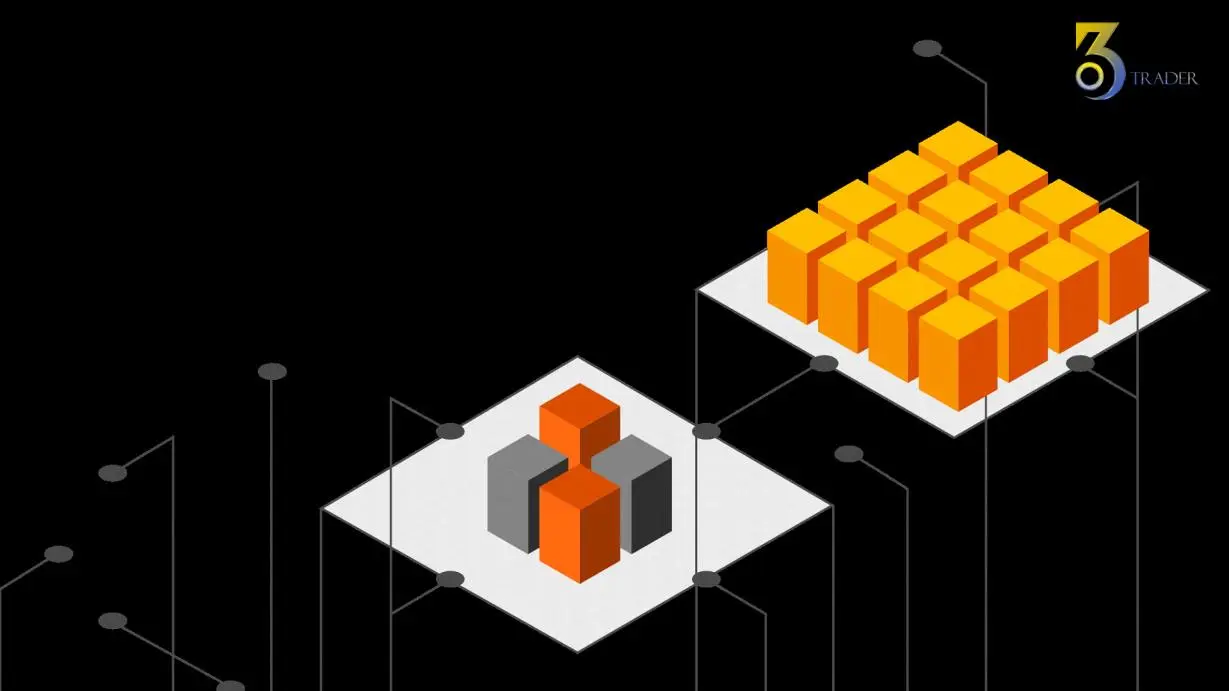Blockchain technology, often synonymous with cryptocurrencies like Bitcoin, is increasingly recognized as a groundbreaking innovation with the potential to reshape financial markets. Beyond its association with digital currencies, blockchain offers a secure, transparent, and decentralized framework that can revolutionize various aspects of the financial industry, including trading, settlement, asset management, and regulatory compliance. This article explores the multifaceted role of blockchain technology in financial markets and its potential to drive the next wave of financial innovation.
1. Enhancing Transparency and Security
One of the most significant advantages of blockchain technology is its ability to enhance transparency and security in financial transactions. A blockchain is a distributed ledger where every transaction is recorded in a time-stamped, immutable block. This ensures that once a transaction is added to the blockchain, it cannot be altered or deleted, creating a permanent and transparent record.
In financial markets, this transparency can greatly reduce fraud and errors, as every transaction can be traced and audited with ease. For instance, in the case of securities trading, blockchain can provide a real-time, transparent record of ownership and transfers, reducing the risk of disputes and increasing trust among participants. Additionally, the decentralized nature of blockchain minimizes the risk of a single point of failure, making financial systems more resilient to cyberattacks and data breaches.
2. Streamlining Settlement Processes
Traditional settlement processes in financial markets can be slow and costly, often taking several days to complete. This delay can tie up capital, increase counterparty risk, and add to operational costs. Blockchain technology offers a solution by enabling near-instantaneous settlement of transactions.
By using smart contracts—self-executing contracts with the terms of the agreement directly written into code—blockchain can automate and accelerate the settlement process. For example, in securities trading, once a trade is executed, a smart contract can automatically trigger the transfer of ownership and payment, reducing the settlement time from days to mere seconds. This not only improves efficiency but also reduces the risk and cost associated with delayed settlements.
3. Improving Cross-Border Payments
Cross-border payments have traditionally been slow, expensive, and complex, often involving multiple intermediaries and varying regulations. Blockchain technology has the potential to streamline this process by enabling direct, peer-to-peer transactions across borders without the need for intermediaries.
Blockchain-based payment systems can reduce transaction costs, speed up processing times, and provide greater transparency in cross-border payments. For example, Ripple’s blockchain technology allows for real-time, low-cost international payments, providing a compelling alternative to traditional correspondent banking systems. As more financial institutions adopt blockchain for cross-border payments, the global financial system could become more efficient and inclusive.
4. Facilitating Asset Tokenization
Asset tokenization is the process of converting ownership rights in a particular asset into a digital token on a blockchain. This can include a wide range of assets, from real estate and commodities to art and intellectual property. Tokenization offers several benefits, including increased liquidity, fractional ownership, and broader access to investment opportunities.
In financial markets, asset tokenization can democratize access to traditionally illiquid assets by allowing them to be bought and sold in smaller fractions. For example, real estate, which is typically a high-value and illiquid asset, can be tokenized, enabling investors to purchase and trade fractions of property. This opens up new avenues for investment and could lead to the creation of new markets.
5. Enhancing Regulatory Compliance and Reporting
Blockchain’s transparency and immutability make it an ideal tool for enhancing regulatory compliance and reporting in financial markets. Regulators can use blockchain to monitor transactions in real time, reducing the need for manual reporting and audits. This can lead to more efficient and accurate compliance processes, helping to prevent fraud, market manipulation, and other illicit activities.
For example, the use of blockchain in anti-money laundering (AML) and know-your-customer (KYC) processes can streamline the verification of identities and the tracking of financial transactions, reducing the risk of money laundering and terrorist financing. Additionally, blockchain can provide regulators with a more comprehensive view of market activities, enabling more proactive and effective oversight.
6. Challenges and Considerations
While blockchain technology offers numerous benefits to financial markets, there are also challenges and considerations that need to be addressed. Scalability is one of the primary concerns, as current blockchain networks can struggle to handle the high volume of transactions seen in global financial markets. Efforts are being made to improve scalability through innovations like sharding and layer-2 solutions, but these technologies are still in development.
Another challenge is regulatory uncertainty. As blockchain technology continues to evolve, regulators around the world are grappling with how to effectively oversee its use in financial markets. Clear and consistent regulatory frameworks will be essential to ensure that blockchain can be safely and widely adopted.
Finally, the integration of blockchain technology into existing financial systems will require significant investment in infrastructure and training. Financial institutions will need to upgrade their technology stacks and educate their employees on the use of blockchain to fully realize its potential.
7. The Future of Blockchain in Financial Markets
The future of blockchain in financial markets looks promising, with the potential to drive significant innovation and efficiency gains. As the technology matures and overcomes current challenges, we can expect to see broader adoption across various sectors of the financial industry.
Blockchain’s role in financial markets is likely to expand beyond its current applications, enabling new business models, products, and services that were previously unimaginable. Whether through enhancing transparency, improving settlement processes, facilitating cross-border payments, or enabling asset tokenization, blockchain technology has the potential to fundamentally reshape the financial landscape.
In conclusion, blockchain technology represents a transformative force in financial markets, offering a range of benefits from increased transparency and security to improved efficiency and access. While challenges remain, the continued development and adoption of blockchain could usher in a new era of financial innovation, ultimately leading to a more inclusive, efficient, and secure global financial system.




